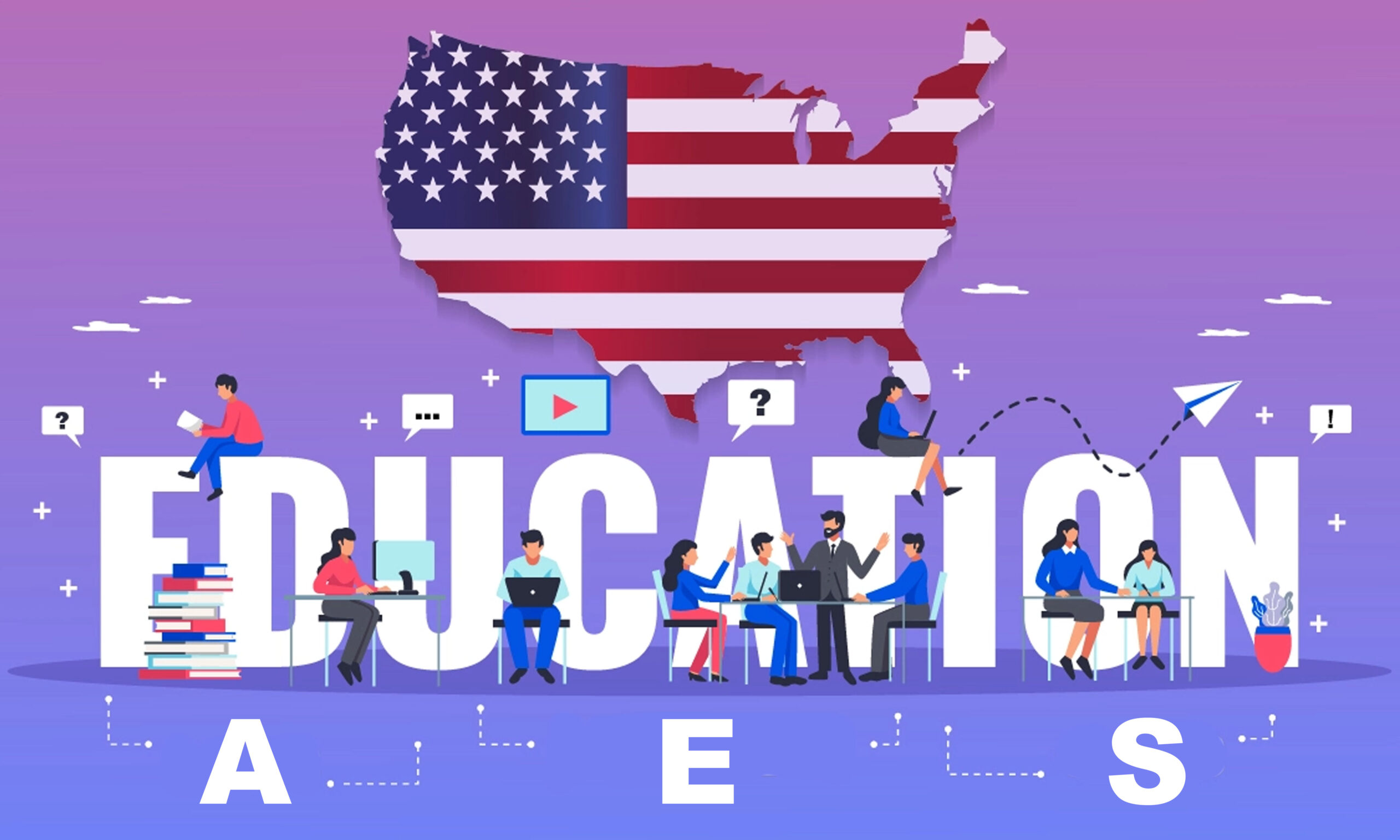
Education is a fundamental human right and is essential for the exercise of all other human rights. It promotes individual freedom and empowerment and yields important development benefits.
Despite significant progress over the years, millions of girls around the world are still denied access to education. This article explores the importance of girls’ education and its impact on society.
The Importance of Girls Education is indeed a fundamental human right, and ensuring access to education for all, including girls, is crucial for the development and progress of societies. Girls’ education has wide-reaching benefits, as you’ve outlined, from individual empowerment to economic growth and societal transformation.
It’s important to address the barriers that Importance of Girl Education, such as poverty, cultural norms, and early marriage, and to promote policies and initiatives that support girls’ education globally. Education is crucial in the world for several reasons. First and foremost, it equips individuals with the knowledge and skills needed to navigate the complexities of modern life.
Importance of Girl Education: 
Importance of Girl Education also plays a key role in economic development by providing people with the expertise to participate in the workforce and contribute to the growth of industries and economies.
Additionally, Importance of Girl Education fosters critical thinking, creativity, and problem-solving abilities, essential for addressing global challenges such as poverty, inequality, and climate change. Furthermore, education promotes social cohesion by fostering understanding, tolerance, and respect for diversity.
Overall, education is fundamental to human development and plays a vital role in shaping a sustainable and prosperous future for all.
Empowerment Through Education:
Importance of Girls Education is a powerful tool for empowering girls and women. It provides them with the knowledge and skills needed to participate fully in society.
Importance of Girls Education are more likely to make informed decisions about their lives, including marriage, family planning, and health care. They are also more likely to earn higher incomes and contribute to economic growth.
Education is a powerful tool that has the ability to transform individuals and societies. It is not just about acquiring knowledge but also about developing critical thinking skills, fostering creativity, and enabling individuals to reach their full potential.
The Importance of Education:
Access to Information
Education provides individuals with access to information, allowing them to make informed decisions and participate actively in society.
Critical Thinking Skills
Education helps develop critical thinking skills, enabling individuals to analyze information, solve problems, and make sound judgments.
Economic Empowerment
Education is key to economic empowerment as it opens up opportunities for better jobs, higher incomes, and improved quality of life.
Challenges to Education:
Accessibility
Many individuals, especially in developing countries, lack access to quality education due to factors such as poverty, distance to schools, and lack of infrastructure.
Quality of Education
Even when education is accessible, the quality of education may be poor, leading to limited learning outcomes and opportunities.
Societal Barriers
Social norms and practices can also act as barriers to education, particularly for marginalized groups such as girls, minorities, and people with disabilities.
Empowerment Through Education:
Personal Development
Education contributes to personal development by enhancing self-esteem, confidence, and resilience.
Social Change
Education plays a crucial role in driving social change by challenging existing beliefs and promoting equality and justice.
Economic Growth
Education is a catalyst for economic growth as it increases productivity, innovation, and entrepreneurship.
Education Initiatives:
Government Programs
Governments play a key role in promoting education through policies, funding, and infrastructure development.
Non-Profit Organizations
Non-profit organizations play a crucial role in providing education to marginalized communities and advocating for educational rights.
Corporate Social Responsibility
Many corporations are also involved in education initiatives as part of their corporate social responsibility efforts.
Success Stories:
Individuals
There are countless examples of individuals who have achieved success through education, overcoming obstacles and achieving their dreams.
Communities
Communities that prioritize education often experience positive social and economic outcomes, leading to overall development and prosperity.
Health and Well-being:
Importance of Girl Education is closely linked to health and well-being. Educated girls are more likely to have access to health care services and information. They are also less likely to marry early or become pregnant before they are ready, reducing the risk of maternal and child mortality. Health and well-being encompass a broad range of aspects related to physical, mental, and emotional wellness.
It includes maintaining a balanced diet, engaging in regular physical activity, getting enough sleep, managing stress, and fostering positive relationships. Prioritizing health and well-being can lead to a higher quality of life and reduce the risk of various diseases and health conditions.
Economic Growth and Development: Economic growth and development refer to the increase in a country’s production of goods and services over time. Economic growth typically involves an increase in the Gross Domestic Product (GDP) of a country, indicating that the economy is expanding.
Economic development, on the other hand, encompasses a broader set of indicators, including improvements in living standards, reduction in poverty, and advancements in healthcare and education. Both
and development are crucial for enhancing the overall well-being of a population.
Girls’ education is essential for economic growth and development. Educated girls are more likely to find employment and earn higher incomes, contributing to the overall prosperity of their families and communities.
Additionally, investing in girls’ education has a multiplier effect, leading to better health and education outcomes for future generations. Promoting girls’ education is crucial for their empowerment and for achieving gender equality. Here are some strategies:
Provide Access to Education: Ensure that girls have equal access to quality education without discrimination.
Remove Financial Barriers:
Provide scholarships, stipends, and other financial incentives to encourage girls to attend school.
Improve Infrastructure: Build schools with proper facilities, such as separate toilets for girls, to make the learning environment more conducive for them.
Raise Awareness: Importance of Girls Education communities about the importance of girls’ education and dispel myths and cultural beliefs that hinder girls from going to school.
Train Teachers: Provide training to teachers on gender-sensitive teaching methods to create a supportive learning environment for girls.
Promote Positive Role Models: Highlight successful women who have benefited from education to inspire girls and their families.
Provide Safe Transportation: Ensure safe and affordable transportation options for girls, especially in rural areas, to access schools.
Address Child Marriage: Implement laws and programs to prevent child marriage, as it often leads to girls dropping out of school.
Improve Curriculum: Ensure that the curriculum is inclusive and addresses issues relevant to girls, such as reproductive health and life skills.
Monitor Progress: Regularly monitor and evaluate progress in girls’ education to identify and address challenges effectively.
Importance of Girl Education:
Breaking Stereotypes and Gender Roles:
The importance of Girls’ Education plays a crucial role in breaking stereotypes and gender roles. It promotes gender equality by challenging traditional beliefs about the roles and capabilities of girls and women. Educated girls are more likely to challenge discriminatory practices and advocate for their rights, leading to a more equitable society.
In conclusion, girls’ education is not only a moral imperative but also a strategic investment in a country’s future. By ensuring that all girls have access to quality education, we can create a more just, prosperous, and sustainable world for everyone.
Breaking stereotypes and gender roles is a crucial step toward creating a more inclusive and equitable society. Stereotypes are often oversimplified beliefs or assumptions about certain groups of people based on characteristics such as gender, race, or age. Gender roles refer to the socially constructed expectations about how individuals should behave based on their gender.
To break stereotypes and gender roles, it’s important to promote diversity, challenge assumptions, and encourage open-mindedness. This can be done through education, media representation, and the promotion of positive role models who defy traditional stereotypes.
It’s also important to create environments where individuals feel free to express themselves authentically, regardless of societal expectations.
By breaking stereotypes and gender roles, we can create a more inclusive society where everyone has the opportunity to thrive and be accepted for who they are. Girls’ education is crucial for several reasons.
Firstly, it empowers girls and helps them realize their full potential. Education provides them with the knowledge and skills needed to pursue their dreams and contribute meaningfully to society.
Secondly, educating girls has a positive impact on society as a whole. Educated women are more likely to marry later, have fewer children, and provide better healthcare and education for their children. This helps break the cycle of poverty and leads to overall economic and social development.
Additionally, education is a fundamental human right, and denying girls access to education deprives them of this right.
Importance of Girl Education reinforces gender inequalities and limits their opportunities for personal and professional growth.
FAQs of Importance of Girls Education:
Why is girls’ education important?
Importance of Girl Education it empowers girls and women, promotes health and well-being, contributes to economic growth and development, and breaks stereotypes and gender roles.
What are the benefits of girls education?
The benefits of girls’ education include higher incomes, better health outcomes, reduced poverty, and increased gender equality.
How does girls education impact society?
Girls’ education has a positive impact on society by promoting gender equality, reducing poverty, and improving health and education outcomes for future generations.
What are the barriers to girls education?
Barriers to girls’ education include poverty, cultural norms, lack of access to schools, child marriage, and early pregnancy.
How can we promote girls education?
We can promote girls’ education by investing in schools, providing scholarships and incentives, raising awareness about the importance of education, and challenging discriminatory practices and stereotypes.



